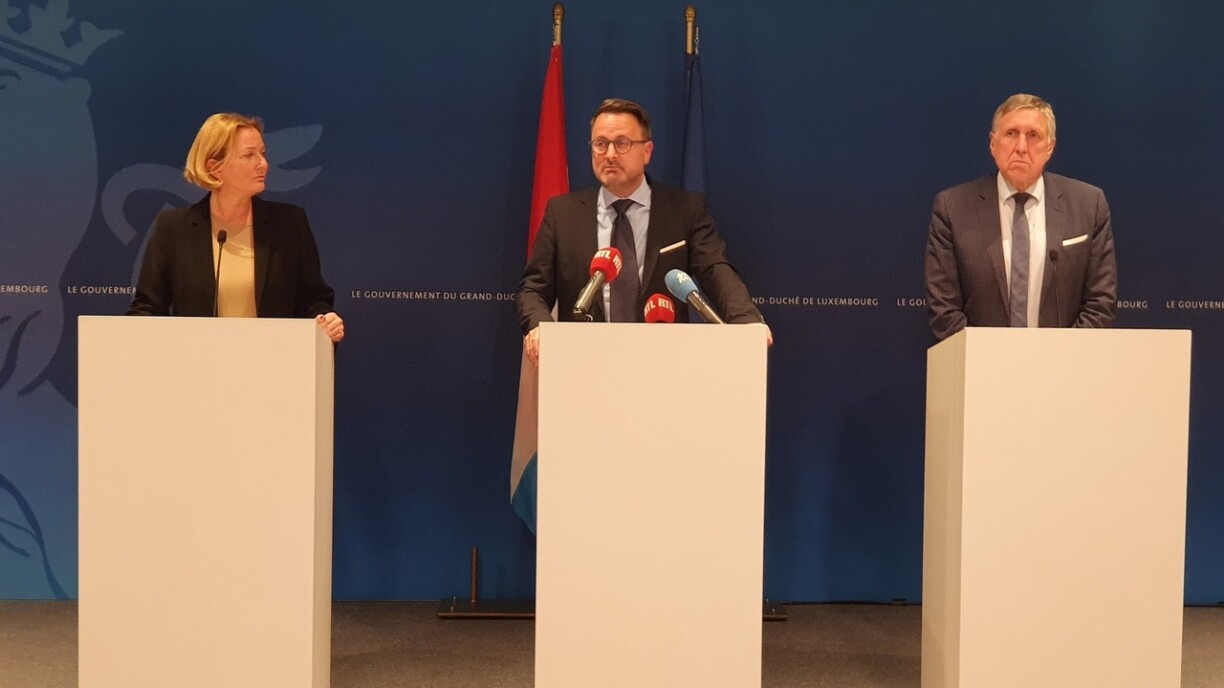
After further considerations, the OGBL no longer supports the agreement that employers, unions and the government managed to reach last week.
While both the Luxembourg Confederation of Christian Trade Unions (LCGB) and the Confederation of Public Servants (CGFP) still support the proposal, the OGBL sees the interference with the indexation system as unacceptable.
Brendan Ryan: Tripartite - the Luxembourg social modelOfficials faced the press shortly after midnight. Nora Back, the OGBL president, explained that there was no agreement that the union can support. Although union representatives reluctantly accepted that the second indexation of the year may have to be postponed, they considered the agreement did not provide enough support to the population to make up for it.
After the meeting, Michel Reckinger from the Union of Enterprises (UEL) said that the OGBL had made absurd demands during negotiations, suggesting people earning up to €160,000 per year should be compensated for the loss of spending capacity.
Reckinger explained: “Nobody working in business makes that amount of money, not even me. When I hear those people then described as vulnerable and in need of compensation, I can only shake my head.” The proposal that was put on the table would have awarded compensation to people earning up to €100,000 per year.
OGBL officials announced they would hold another press conference on Thursday morning to talk about the unresolved issues, with president Back saying she wanted to address “lies”.
At the press briefing, Prime Minister Xavier Bettel underlined that the proposed aid of €830 million was unprecedented and that it would strengthen the spending power of every household, those needing most help in particular. €225 million was reserved for businesses hit hardest by the energy prices.
The PM expressed shock over the OGBL proposal, which would have cost the government more than €1 billion: “We cannot operate along the lines of ‘who cares what happens after us’.”
Reckinger meanwhile urged the government to take responsibility, even if it means implementing a partially-accepted solution. After all, the country cannot come to a standstill.
On Thursday morning, the government will convene to “take responsibility”, said PM Bettel. After the meeting, the final measures will be announced in the Chamber of Deputies.
In conversation with RTL, Minister Bausch expressed disappointment over the failure to reach an agreement, especially as he perceived the atmosphere during talks to be positive. The government even made additional proposals on Wednesday, yet negotiations still broke down.
There is no obligation for a tripartite to end in a unanimous agreement, which means the government is likely to hold on to its proposal. If approved in the Chamber, €800 million will have to be found to finance the support over the coming two years.
The first indexation of the year will take place on 1 April.
RTL Today: Second indexation to be postponed until spring 2023